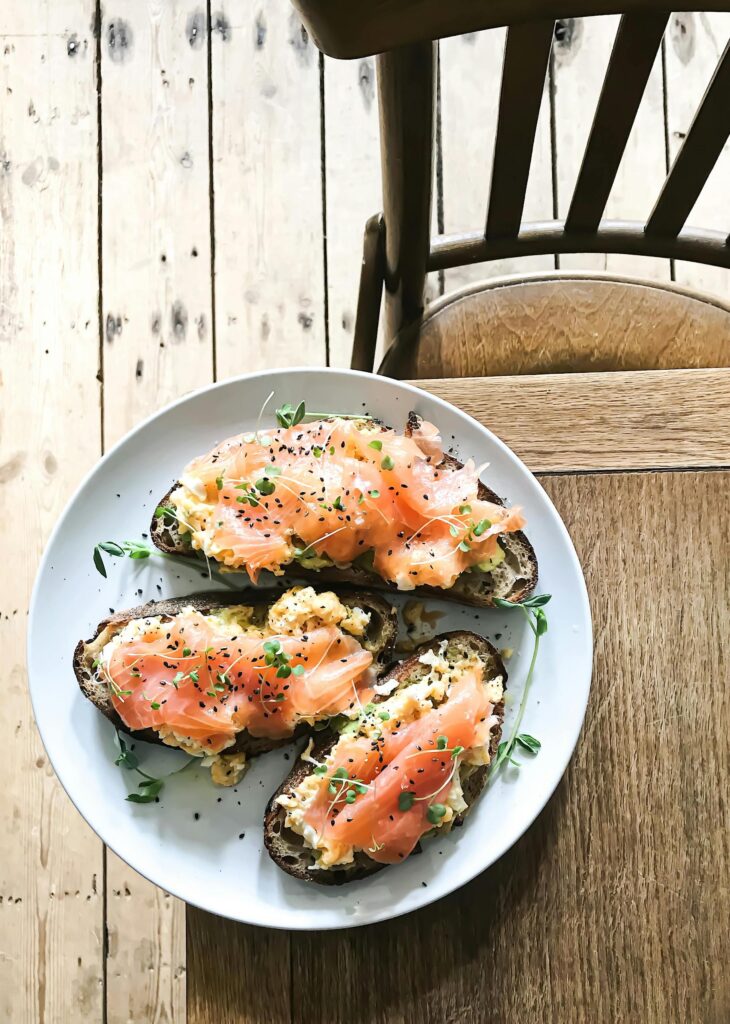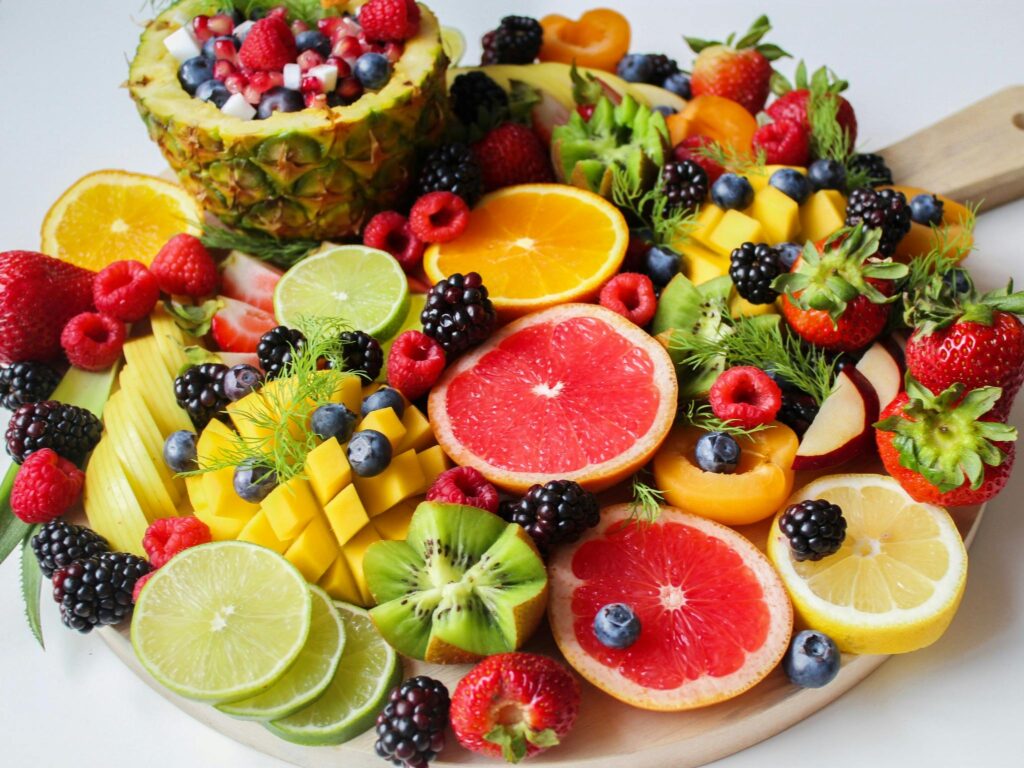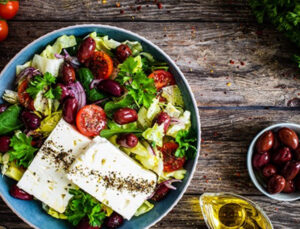Many individuals attempting to lose weight often resort to drastic calorie restriction, believing it to be the key to shedding pounds. However, research indicates that such extreme measures often fail to provide the necessary nutrients, leading to deficiencies and adverse health effects. Additionally, severe calorie restriction can prompt the body to break down muscle and organ tissues for energy, consequently slowing down metabolic rate—a counterproductive outcome for weight loss.

Understanding Nutrient-Dense Foods:
Instead of focusing solely on calorie reduction, experts advocate for prioritizing nutrient-dense foods to support a healthy and sustainable weight loss journey. Key to this approach is understanding the hormonal responses triggered by different foods, which influence cravings, hunger, and ultimately, body weight.
- Protein-Rich Foods: Protein-rich foods induce feelings of fullness and reduce hunger by suppressing the hunger hormone ghrelin. Moreover, protein aids in digestion, boosts metabolism, and promotes lean muscle mass—a critical factor in enhancing metabolic rate.
- Dietary Fiber: Dietary fiber plays a pivotal role in weight loss by slowing down digestion, stabilizing blood glucose levels, and promoting satiety. Prebiotic soluble fiber, found abundantly in various plant-based foods, not only curbs hunger but also supports gut health by nourishing beneficial gut bacteria.
- Impact of Ultra-Processed Foods: Ultra-processed foods devoid of nutrients and fiber lead to rapid spikes in blood glucose levels, followed by insulin surges that facilitate fat storage—a cycle detrimental to weight loss efforts.
Safe and Sustainable Weight Loss Strategies:
For safe and sustainable weight loss, experts advise against significant calorie restriction and advocate for embracing whole, unprocessed, high-quality foods. Such foods naturally regulate hunger, rev up metabolism, and facilitate fat burning, making them indispensable for long-term weight management.
- Embracing Whole Foods: By prioritizing whole foods and limiting processed and refined sugars, individuals can enjoy a well-rounded diet that supports their weight loss goals.
- Plate Method and Portion Control: A great strategy involves using the plate method, where half of the plate comprises fruits and vegetables, a quarter consists of lean protein, and the remaining quarter is filled with fiber-filled carbohydrates. Paying attention to portion size is crucial for effective weight management.
Best Weight Loss Foods
Protein Sources:
- Lean protein sources like chicken, turkey, and grass-fed lean beef promote satiety, stabilize blood sugar, and curb cravings.
- Eggs provide essential vitamins, minerals, and complete proteins, adaptable for various tastes.
- Plant-based proteins such as legumes, beans, and lentils offer similar benefits and high fiber content.
Fruits and Vegetables:
- Apples, rich in fiber, antioxidants, and anti-inflammatory properties, support overall health and provide essential nutrients.
- Berries, packed with fiber, antioxidants, and vitamin C, aid in weight management and optimal bodily function.
- A diverse range of vegetables, including cruciferous vegetables like broccoli and cabbage, dark leafy greens, and crunchy options like celery, provide essential nutrients and promote satiety.

Healthy Fats:
- Avocados, high in fiber and healthy fats, reduce hunger and contribute to satiety when consumed in appropriate portions.
- Nuts and seeds offer fiber, protein, and healthy fats, effectively reducing hunger. Portion control is crucial due to their caloric density.
- Salmon, rich in protein and omega-3 fatty acids, promotes feelings of fullness and supports weight management.
Other Nutrient-Rich Foods:
- Shrimp enhances satiety and supports immune health and energy levels, containing zinc and selenium.
- Lupini beans, high in prebiotic fiber, improve gut health and aid in fat loss by enhancing insulin responsiveness.
- Unripe bananas and raw oats contain prebiotic-resistant starch, facilitating insulin responsiveness and reducing stubborn fat around the midsection.
- Sauerkraut serves as both a prebiotic and probiotic food, supporting gut health, controlling appetite, and regulating blood glucose levels.
- Legumes promote satiety and gut health due to their high fiber content and nutrient profile.
- Chia seeds aid in weight control by providing fiber and acting as a natural appetite suppressant when expanded in water.
Hydration:
- Adequate hydration, represented by water, is essential for healthy weight loss and supports various bodily processes, including metabolism.
Overall, embracing a diet rich in nutrient-dense foods is essential for safe and sustainable weight loss. By prioritizing whole, unprocessed foods and incorporating key nutrient powerhouses into the diet, individuals can achieve their weight loss goals while optimizing their overall health and well-being. Additionally, paying attention to portion sizes and staying adequately hydrated further supports successful weight management efforts.
EUROPEAN PERSPECTIVE
30 Foods That Help With Weight Loss According to Le Point
When trying to lose weight, it’s important to choose foods that support your goals by managing calorie intake, boosting metabolism, and enhancing satiety. A balanced, varied diet can help you feel full, avoid frustration, and provide essential nutrients. Here are 30 foods to include in your weight loss plan.
- Fat Burner Supplements (e.g., containing caffeine or green tea extract), Water, Spinach, Zucchini, Broccoli, Green Beans, Kale, Cauliflower, Lentils, Chickpeas, Black Beans, Avocado, Carrots, Bell Peppers, Tomatoes, Asparagus, Leeks, Lemon, Chicken Breast, Eggs, Salmon, Trout, Tuna, Green Tea, Grapefruit, Apple, Chili Peppers, Chia Seeds, Quinoa, Konjac
sources: https://www.forbes.com/health/nutrition/foods-to-eat-to-lose-weight/ & https://www.lepoint.fr/stories/aliment-pour-maigrir-06-07-2023-2527623_3919.php



